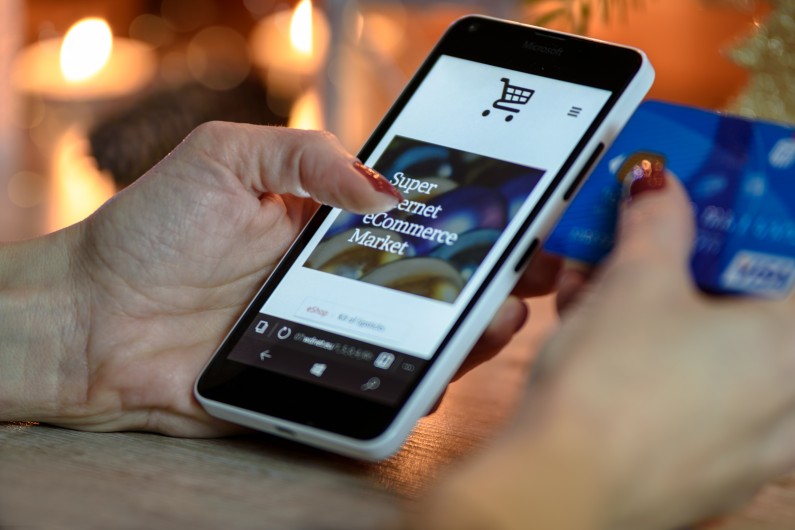Last week, Visa announced its desire to free the UK from the scourge of real, actual cash. It has already piloted a scheme in the US that incentivises business that accept card-only transactions, and while it has no firm plans to introduce it here, the company keen to remove hard currency from the equation.
But even before Visa’s glorious revolution occurs, is it really possible to go cashless today, in a society where money still talks? Turns out, there’s a bit more to a cash-free existence than simply choosing to buy absolutely everything in online stores.
Maintain a reliable budget
The great thing about cash is, with a quick thumb through your wallet or purse, you know exactly how much you have. Going cashless robs you of that luxury, since money becomes tangibly invisible or ‘unreal’. The banks don’t mind that, since we’re prone to spend more that way, but it can have a real and serious impact on your budget, so religiously maintain an up-to-date budget that tracks all incomings and outgoings. We should be doing it anyway, but it becomes especially important if you’re living a cash-free life.
Use debit and credit cards
The first step to going cashless is to start relying on debit cards (and credit cards, where necessary). Make sure that the account you have is flexible, as many of the most basic accounts offered by banks place restrictions on card usage – from where you can use it to how much you can spend. The last thing you want is to find yourself stranded with a useless piece of plastic and no access to cash.
Sign up for online banking
Internet banking is on the rise. It’s quick, secure and flexible – you can use web browsers or apps, anywhere with an internet connection. If you haven’t set up your internet banking, now’s a good time to do so, as given its popularity, banks are investing even more heavily into offering almost all the basic services you need without visiting your local branch. Here you’ll find a hub where you can set up Direct Debits, make payments to people and companies and perform bank transfers without a single cash withdrawal.
Get a Paypal account
Paypal is easily the widest known online financial transaction service – if you’ve bought anything off eBay, you’ve probably seen or used it. But it’s not just reserved for internet auction sites; an increasing number of businesses now accept Paypal for payment, both online and – bizarrely – in-store. It’s worth noting, though, that using Paypal will incur you a small transaction fee, and when you first set up an account, you may find some restrictions due to security. It’s cashless alternatives like Paypal that are helping to net UK businesses over £200 billion in internet shopping this year.
Email and social alternatives
Paypal isn’t the only one offering seamless internet payments. The behemoth that is Facebook has recently been getting in on the action, as have Google, allowing payments to be made through email and instant messaging. The set-up is fairly straightforward: Simply register your bank details with them and you’ll gain the ability to pay people in a snap just by hitting the ‘Pay’ button. You can expect this sort of financial extra to become standard in large-scale apps from large-scale companies in future.
Hook up a digital wallet
So long as your smartphone has NFC capabilities, a digital wallet is a pretty clever way to effectively transform your mobile phone into a contactless card. The feature is often found built into newer phones, but you can also download an app for it – Google, Apple and Microsoft all offer digital wallets. Once it’s set up, just tap a shop’s pin pad and you’ll be charged for purchases via your bank account, or the cost will be added to your monthly phone bill. While not available on all phones – this is pretty new technology, after all – digital wallets are likely to grow in popularity for the simple reason that we carry them around with us all the time, making it a convenient and cashless way to make small purchases.

